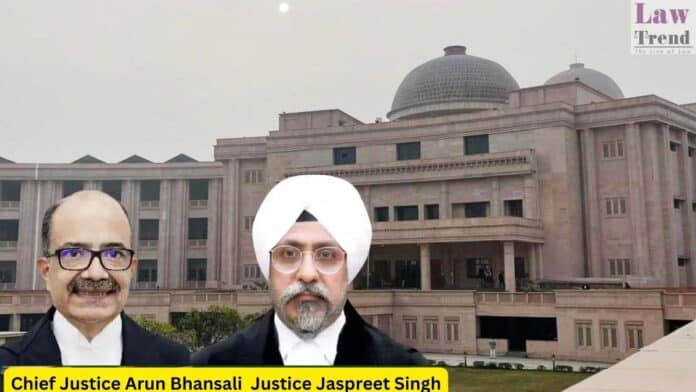In a significant ruling on service law, the Allahabad High Court has held that the State cannot be permitted to alter the seniority of employees after a lapse of seven years, especially when the issue had been repeatedly considered and settled. A Division Bench of Chief Justice Arun Bhansali and Justice Jaspreet Singh dismissed two
To Read More Please Subscribe to VIP Membership for Unlimited Access to All the Articles, Download Available Copies of Judgments/Order, Acess to Central/State Bare Acts, Advertisement Free Content, Access to More than 4000 Legal Drafts( Readymade Editable Formats of Suits, Petitions, Writs, Legal Notices, Divorce Petitions, 138 Notices, Bail Applications etc.) in Hindi and English.




